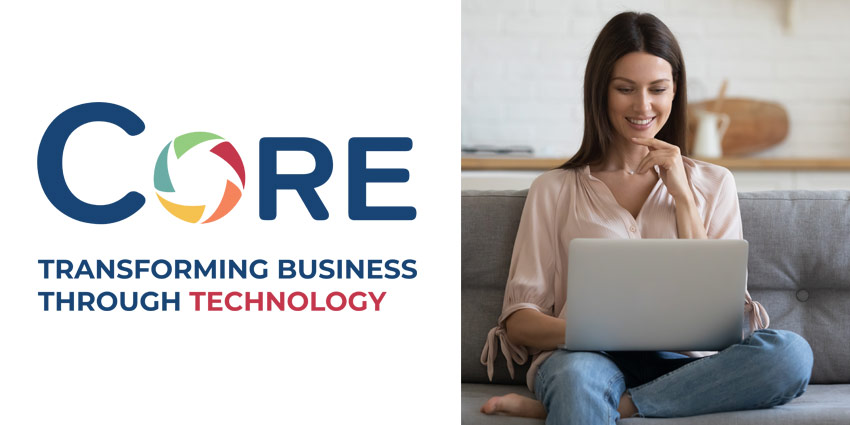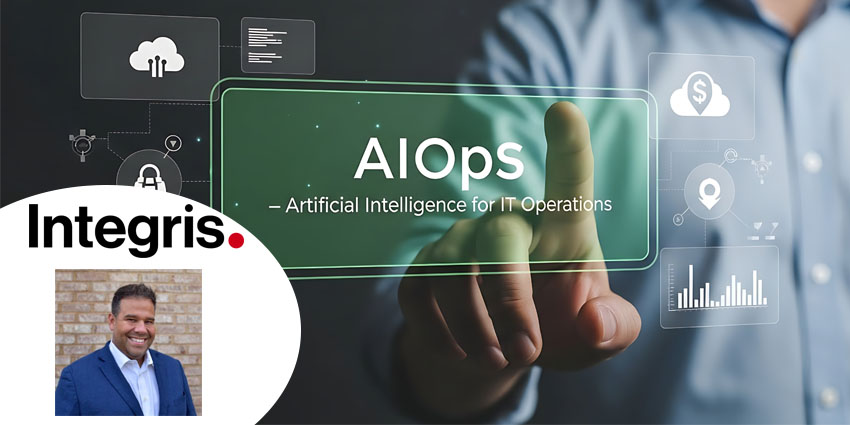As the world starts to return to the workplace and find new hybrid ways of collaborating productively in a changed environment, cybersecurity needs to be front and centre for decision makers — who recognise how the threat landscape has evolved in our post-COVID world, and the implications for working safely and compliantly as we move forward.
To support the transition back to the future of work Core have been running a series of webinars, as part of their ongoing service to CIOs and decision-makers grappling with circumstances they never expected to face, as Eamon McGann, Client Solutions Director, explained:
“Strategy is evolving on a daily basis… And the workload that’s been put on restricted teams in the last eight weeks was to roll out projects that historically would have been done over 12 to 18 months”
From crisis to continuity
Indeed it’s important that we don’t overlook what IT and infosec teams in so many organisations have achieved, in getting remote operations up and running so fast the way they did. But as thoughts turn to longer-term implications, the conversation shifts from emergency business continuity to stability. “I have been on a lot of calls in the past two or three weeks where the focus is now on putting in governance and some strategy”, McGann continued, “and the good news is, they probably have what they need in Microsoft 365 and Teams already, it’s just a case of enabling and implementation.”
So, if stage one was the panic, we’re now firmly in stage two, and embedding the seismic shifts of the previous quarter into a long-term cloud-based data and communications plan, which is flexible, location-independent — and secure.
“Longer term, stage three as it were, will see major investment in securing remote work, and that’s inevitably going to come from a massive reduction in bricks and mortar,” he explained. If the COVID situation forced organisations into piloting a transition to fully cloud-based working which they could have continued to debate and plan for over years, then the pudding is surely proven. “No one is going to return to the old ways of doing things,” said McGann, “instead they’re going to put their money into doing the digital workspace well.”
Securing permanent change

Because it’s not just the commercial sector undergoing this transformation, and Core foresee huge permanent shifts too in the way that services from healthcare to education get delivered — via personalised, direct UC. Many consumers will want to continue to experience the level of remote service they’ve enjoyed during the crisis, instead of going back to clinics and classrooms, and why wouldn’t they. But as McGann points out, “behind that user experience there are major compliance and data loss prevention issues, in how services manage our data and secure it, in line with requirements for GDPR and other new legislation. Which make it vital that we now strategise and plan to create a stable new normality, with the right balance of rapid enablement and appropriate governance.”
In addition to their webinar series, Core are providing clients with Secure Remote Working workshops, to explore the layered options available — from free software that’s already available in the service they’ve got, to conditional access and bespoke tools.
The next webinar looks at data protection, and securing what matters at the heart of the organisation — rather than seeking to police a porous perimeter, controlling access on a case-by-case authentication basis to each asset.
“We live in a zero-trust world, so the security message has changed”, he concluded
Register for Core’s next insight webinar on 25th June: “Understanding data protection in a zero trust world” delivered by Eamon McGann.







